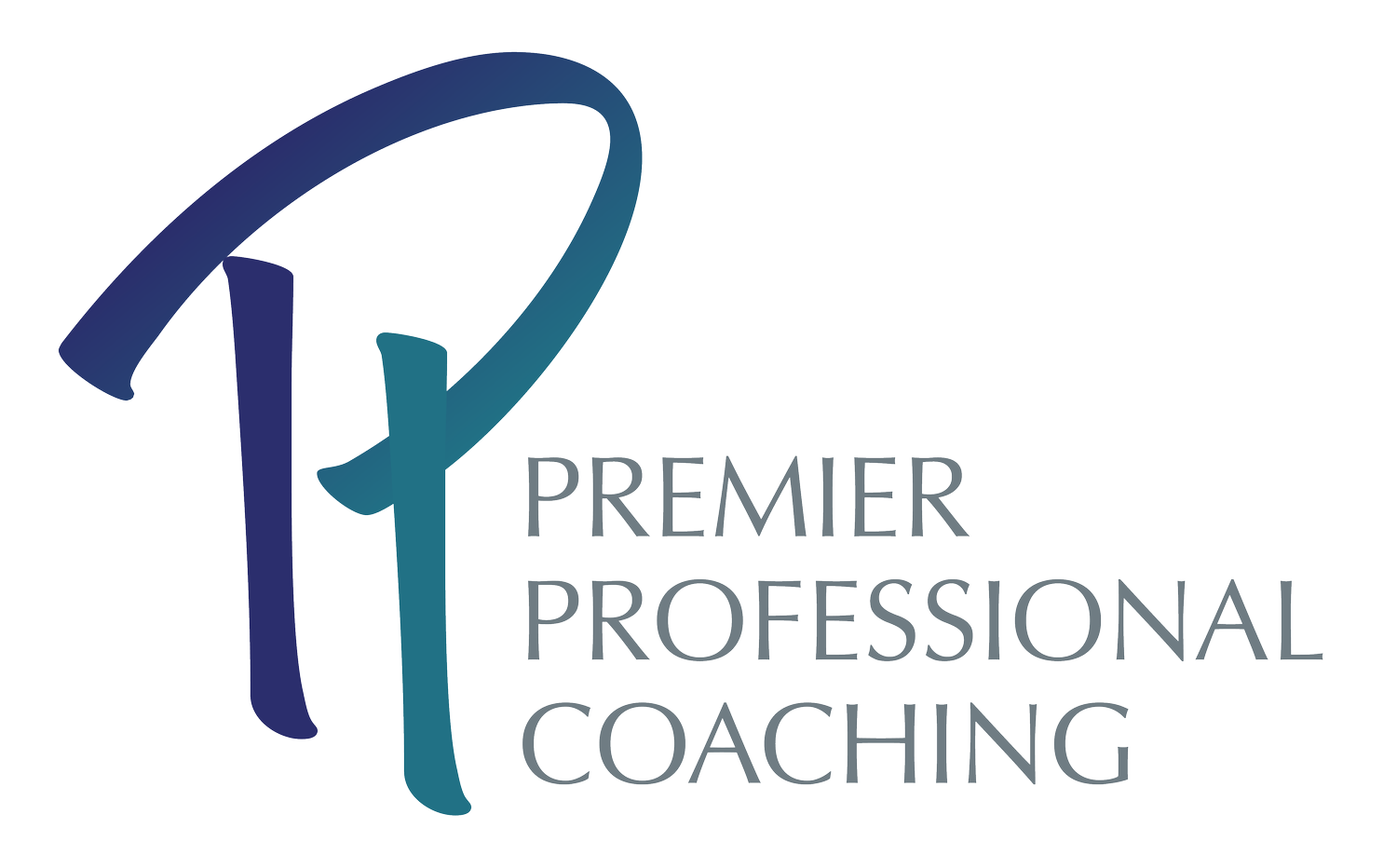Leadership Book Review Blog - Credibility: How Leaders Gain and Lose It
Authors: James Kouzes and Barry Posner
Given that my professional brand hinges on my ability to be reliable and dependable, I was looking forward to relating to the content in this book. While the content was valuable, I found my thoughts drifting off to other things while reading this book. It just didn’t capture my attention as well as some of the others I have read recently. The authors do a really good job of highlighting many key characteristics required for leaders to be successful, but it felt like they tried to force them all to fit under the umbrella of being “Credible.”
Since 1987, people who were surveyed about desired characteristics of credible leaders ranked the same four characteristics at the top: honest, forward-looking, inspiring, and competent. And that is true across 15 countries as well.
I did appreciate that early on in the book, the authors give a simple credibility check. “Is this person worthy of my trust?”
If yes, then follow them.
If you aren’t sure, get more information and get it quickly.
If no, get another job or find a way to work for a different leader.
“Every time you follow someone you do not trust, you erode your self-esteem: you are diminished in your own and in others’ eyes. Your worth depreciates, and you become less valuable to yourself and others.”
That’s HEAVY!
At one point in my career, I shared a wall with my boss and I could very easily hear him when he was talking. More times than I can count, I heard him throwing people under the bus and saying things that simply were not true. I didn’t trust him farther than I could throw him and that made me skeptical of everything he said, ever. Luckily, I didn’t have to work with him long so my self worth didn’t hit rock bottom. Whew!
Credibility, much like trust, isn’t built overnight. It takes a sustained effort over time to be seen as credible. This book describes in depth 6 steps to building and sustaining credibility:
1. Discover your self
2. Appreciate constituents
3. Affirm shared values
4. Develop capacity
5. Serve a purpose
6. Sustain hope
If the six steps above sound like things you would like to delve into a bit more, this might be a good read for you. Just because I found it dry doesn’t mean you will too. The fascinating thing about professional and leadership development books is that they all say the same thing, but the way different authors write, resonates differently for people.
Whether you read this book or not, I do recommend you ask yourself if you are worthy of your team’s trust. Are you honest, forward-looking, inspiring, and competent? If you struggle to answer those questions, let’s talk. I can help you define who you are as a leader and explore if that differs from who you want to be as a leader.
